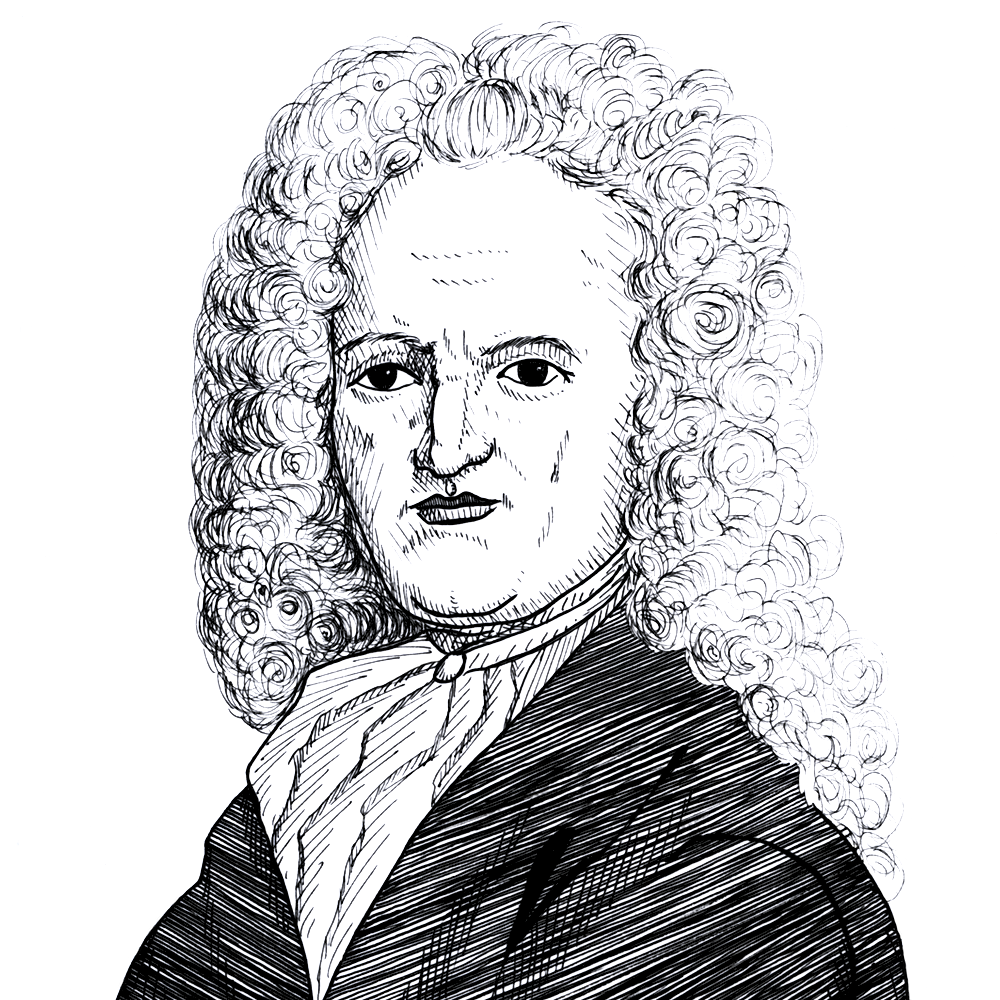
Jean Barbeyrac on the need to disobey unjust laws (1715)
Found in: The Whole Duty of Man According to the Law of Nature (1673, 2003)
The French jurist Jean Barbeyrac (1674-1744) argues that it “absolutely necessary” for a good man to disobey just civil laws when they conflict with the natural laws which are “written in our heart”:
Justice
For in the end, the instant that the most genuine laws of the most legitimate sovereign conflict in any way whatsoever with these immutable laws written in our heart, there is no question of seeking a balance, because it is absolutely necessary, cost what it may, to disobey the former in order not to do damage to the latter. Men’s submission to civil government does not extend, and never could extend even when they wished it, to the point where a human legislator is set higher than God, the author of nature, the creator and supreme legislator of men.